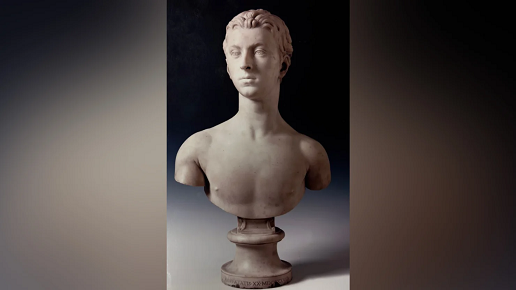Have you ever experienced symptoms ranging from mild dryness and discomfort in your eyes to eye pain, blurred vision, migraines, severe headaches, and vomiting? When the body feels fatigued, the eyes are often the "first" to show it. Modern people are often tied to various 3C products, staring at phone or computer screens for long periods without proper rest, causing eye strain, dizziness, and high intraocular pressure.
Intraocular pressure refers to the pressure inside the eye. If it is too high, it can cause glaucoma and optic nerve compression. Once the optic nerve is damaged, it is almost impossible to fully recover, so it should not be taken lightly! Pressing 5 acupressure points can reduce pressure and improve vision. (Photo / Courtesy of Heho Health)
Pressing 5 acupressure points can reduce pressure and improve vision. (Photo / Courtesy of Heho Health)
Symptoms of High Intraocular Pressure:
- Eye discomfort
- Dry and sore eyes
- Seeing halos around lights
- Eye pain
- Pain in the eye socket
- Blurred vision
- Migraines to severe headaches
- Vomiting
How to Self-Test Intraocular Pressure:
Without an intraocular pressure gauge, how can you determine if sudden eye pain is due to abnormal pressure? Professor Ling Yunlan from the Zhongshan Ophthalmic Center of Sun Yat-sen University in Guangzhou teaches you the "finger test method." With two fingers and two steps, you can self-test whether your intraocular pressure is too high.
- Close your eyes.
- Gently touch your eyeball with your index fingers.
- If it feels as soft as your lips, the intraocular pressure is normal.
- If it feels as hard as your nose, the pressure is moderately high.
- If it feels as hard as your forehead, the pressure is very high.
This method is for reference only. If your eyes are very uncomfortable, it is recommended to see an ophthalmologist to avoid damaging your eyes. Modern people often experience eye fatigue due to the use of 3C products. (Photo / Courtesy of Heho Health)
Modern people often experience eye fatigue due to the use of 3C products. (Photo / Courtesy of Heho Health)
Relieve High Intraocular Pressure with Acupressure Points:
- Zanzhu Point: The depression at the inner end of the eyebrows.
- Jingming Point: Slightly above the inner corner of the eye, near the bridge of the nose.
- Shangbai Point: Between the 2nd and 3rd metacarpal bones on the back of the hand, about one finger width above the knuckle.
- Zanliao Point: The depression between the 4th and 5th metatarsal bones.
- Taichong Point: The depression between the first and second metatarsal bones.
Additionally, you can do some simple exercises to relieve nerve discomfort:
- Stretch Neck Muscles: Lie on a flatbed, roll a regular-sized towel, and place it under your neck. Let your head fall back as much as possible, helping to stretch the neck muscles.
- Warm Compress: Apply a warm towel over your closed eyes for about 10 minutes.







